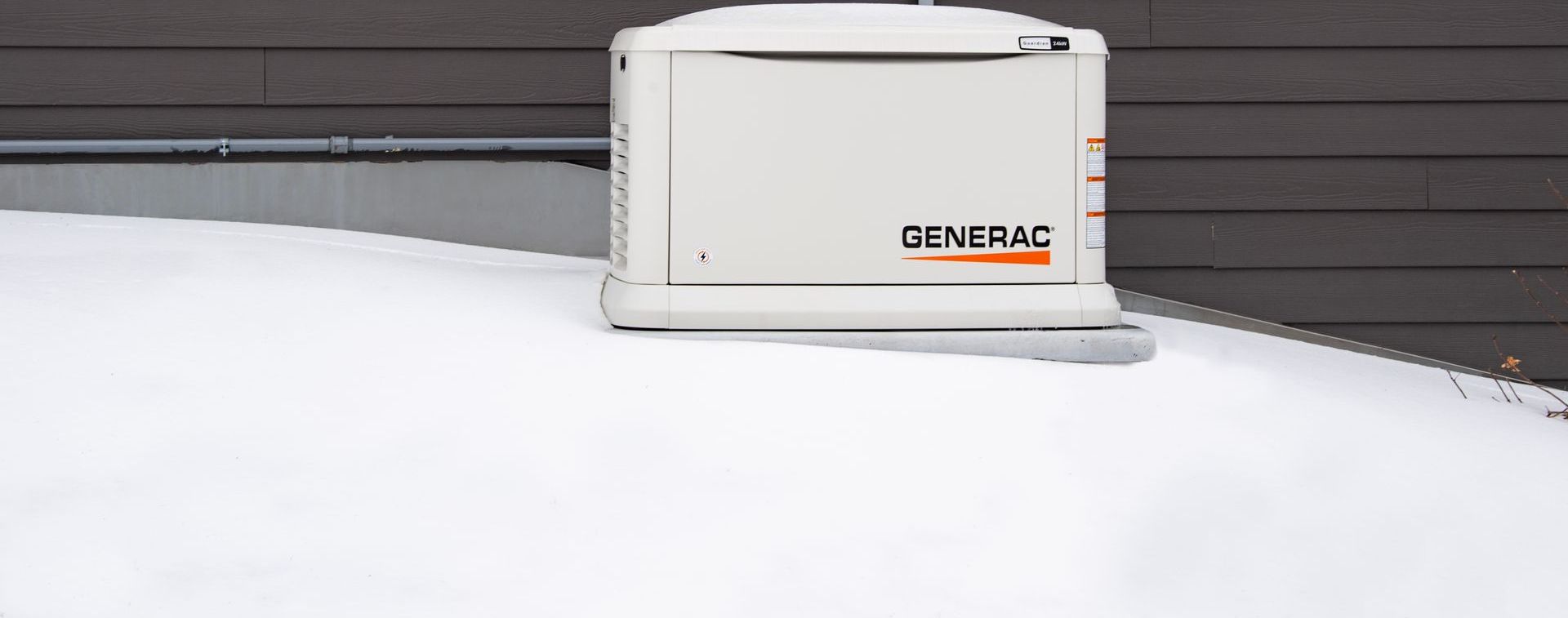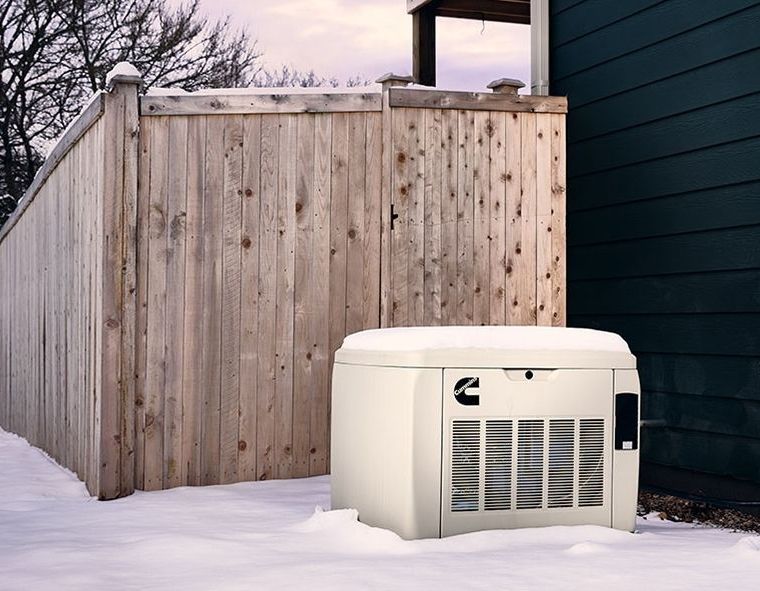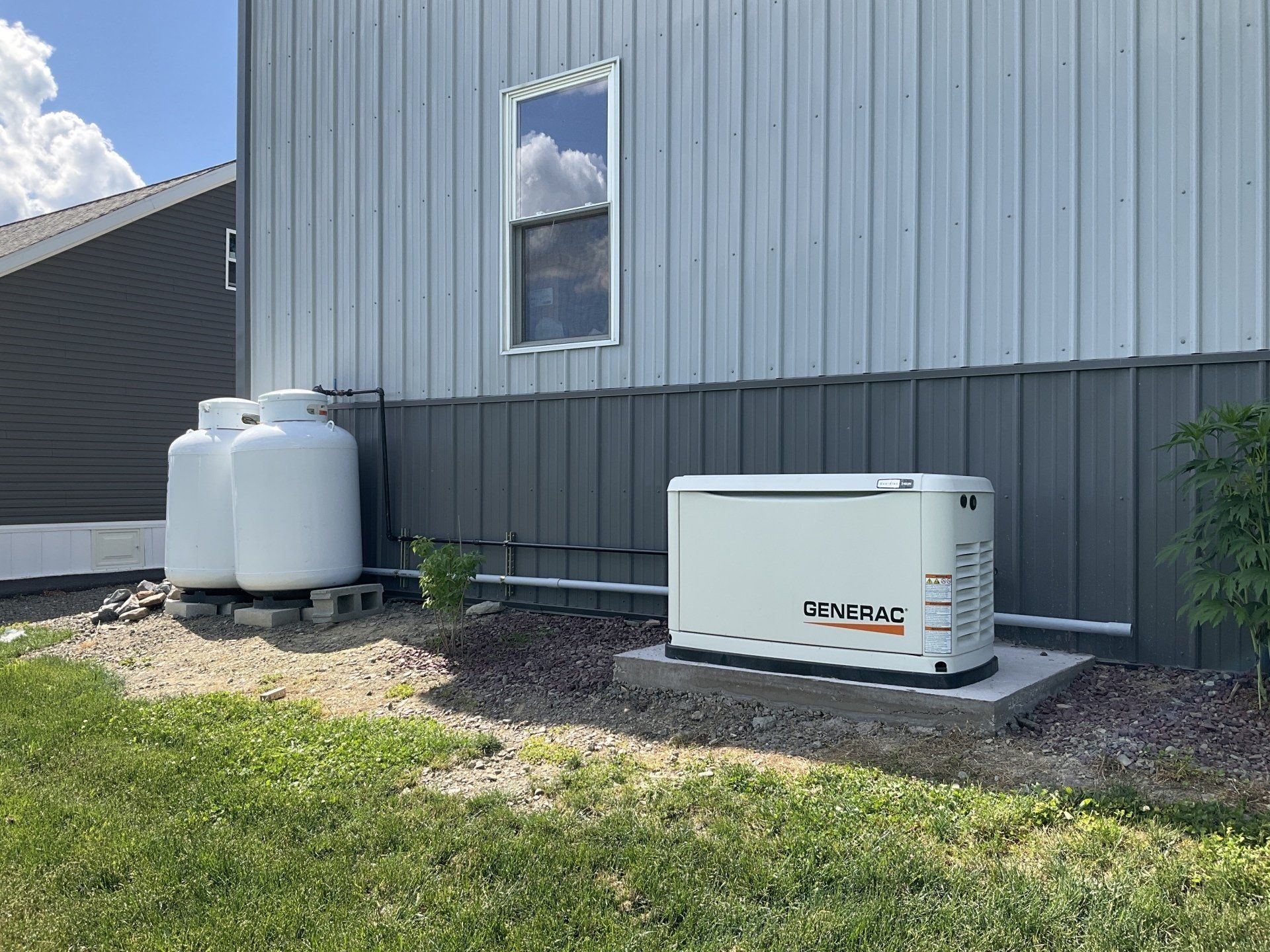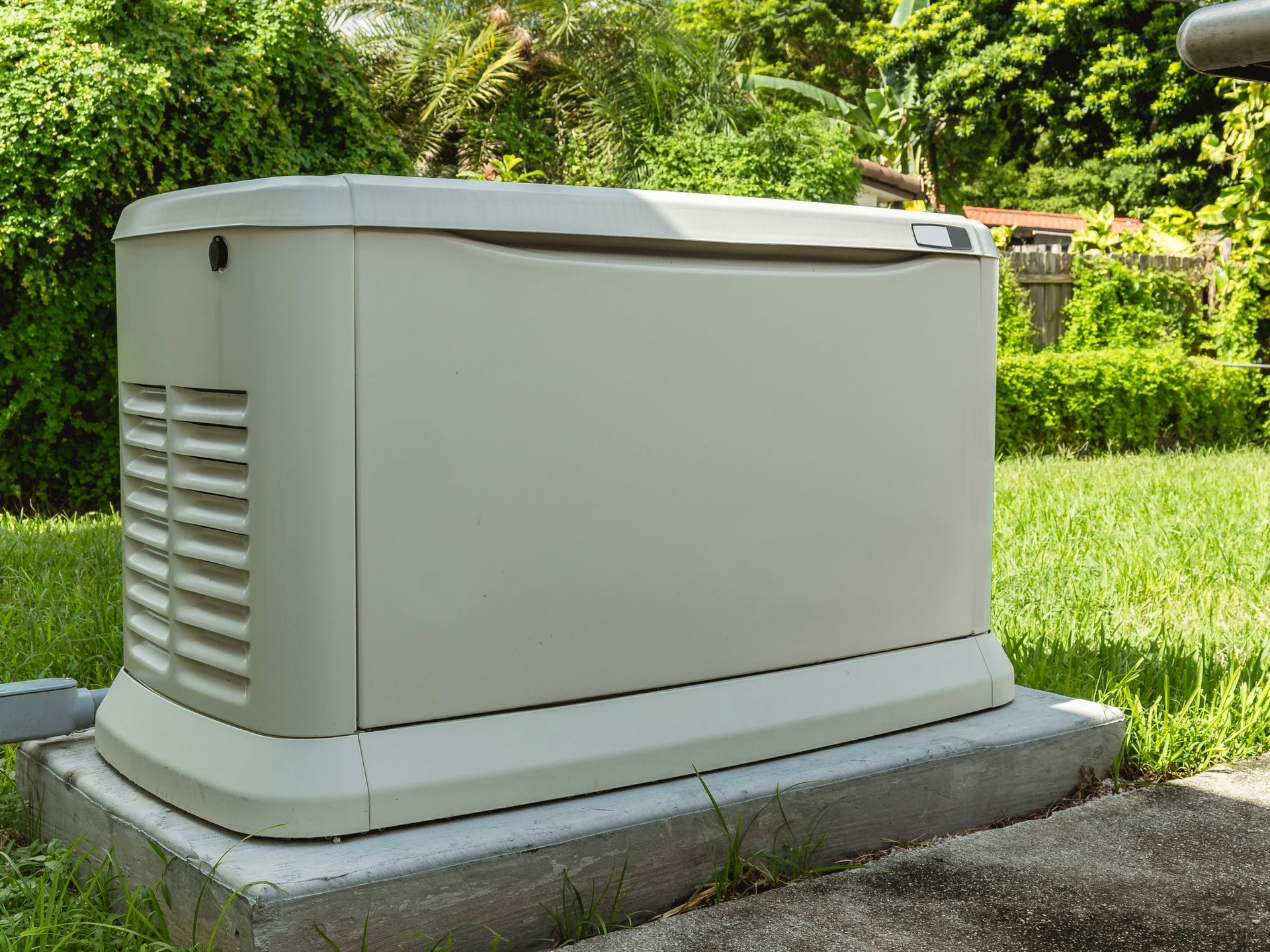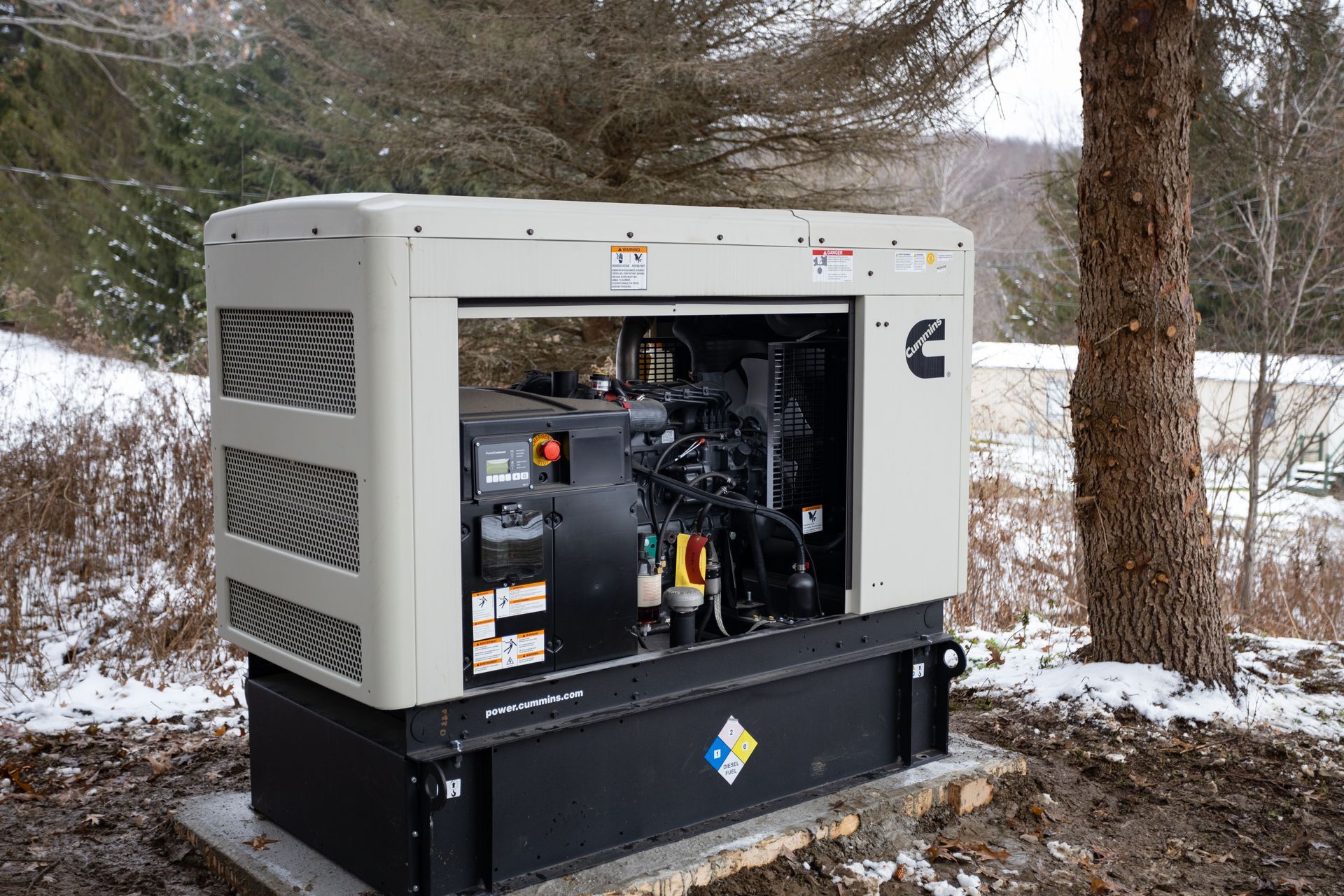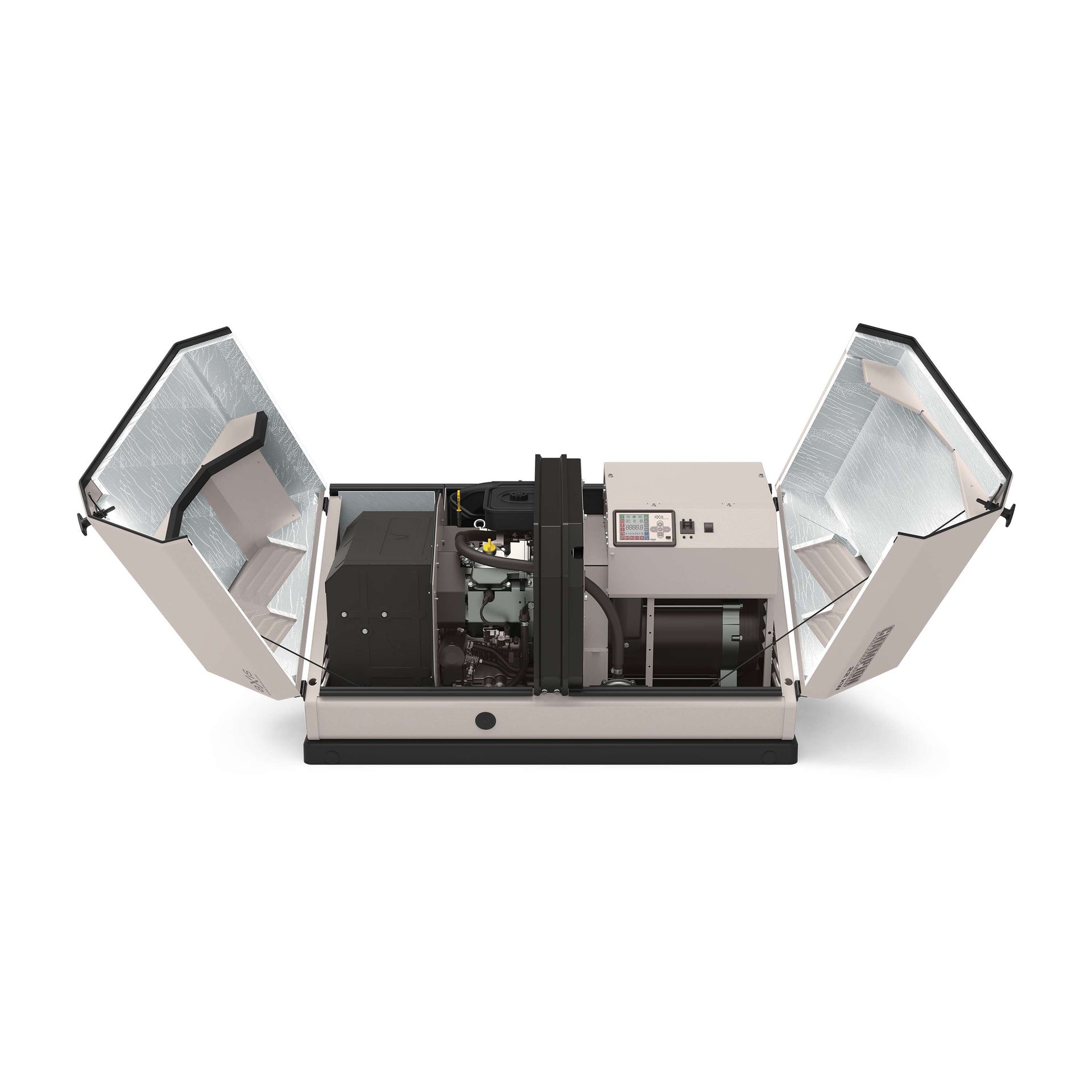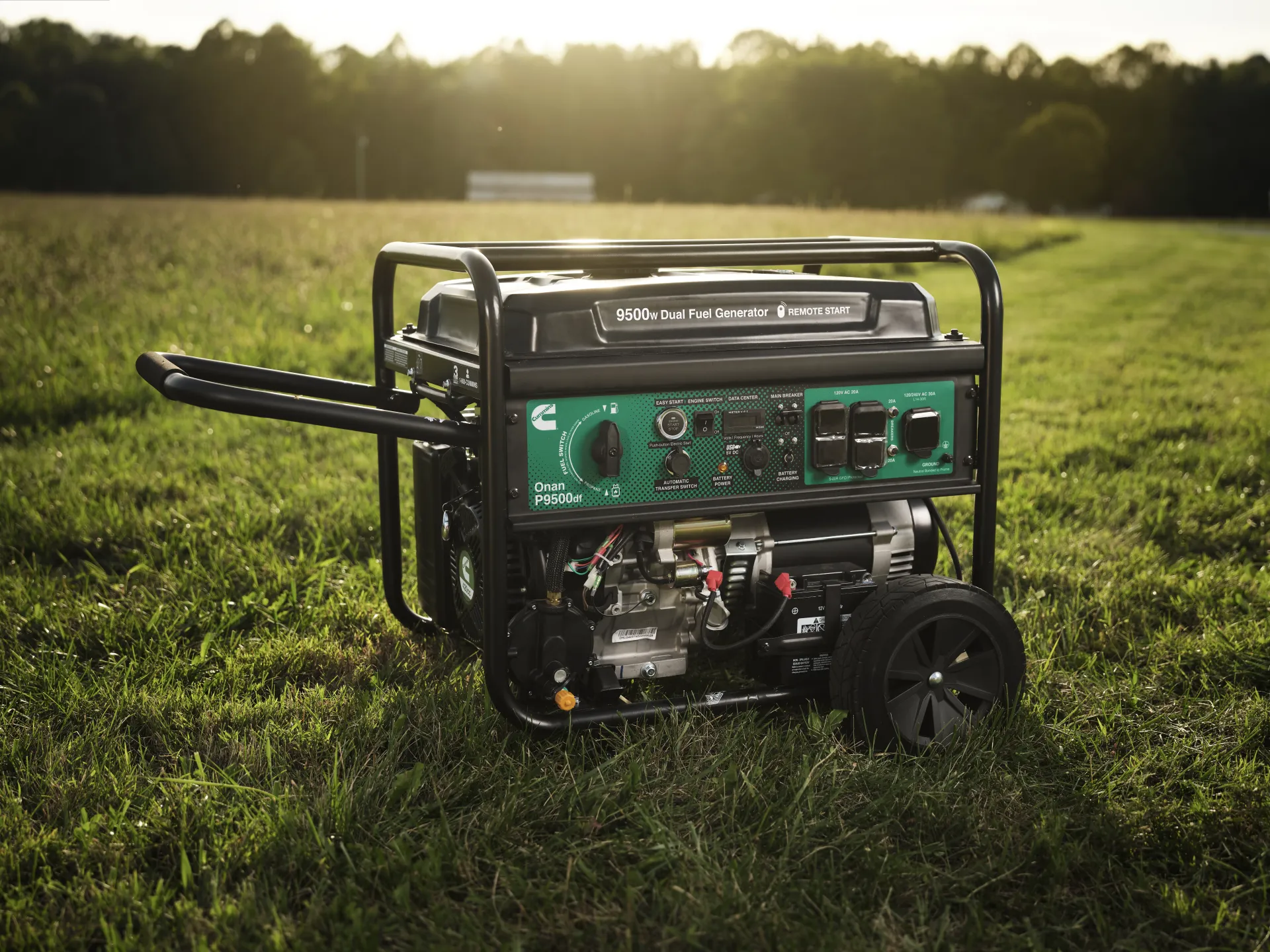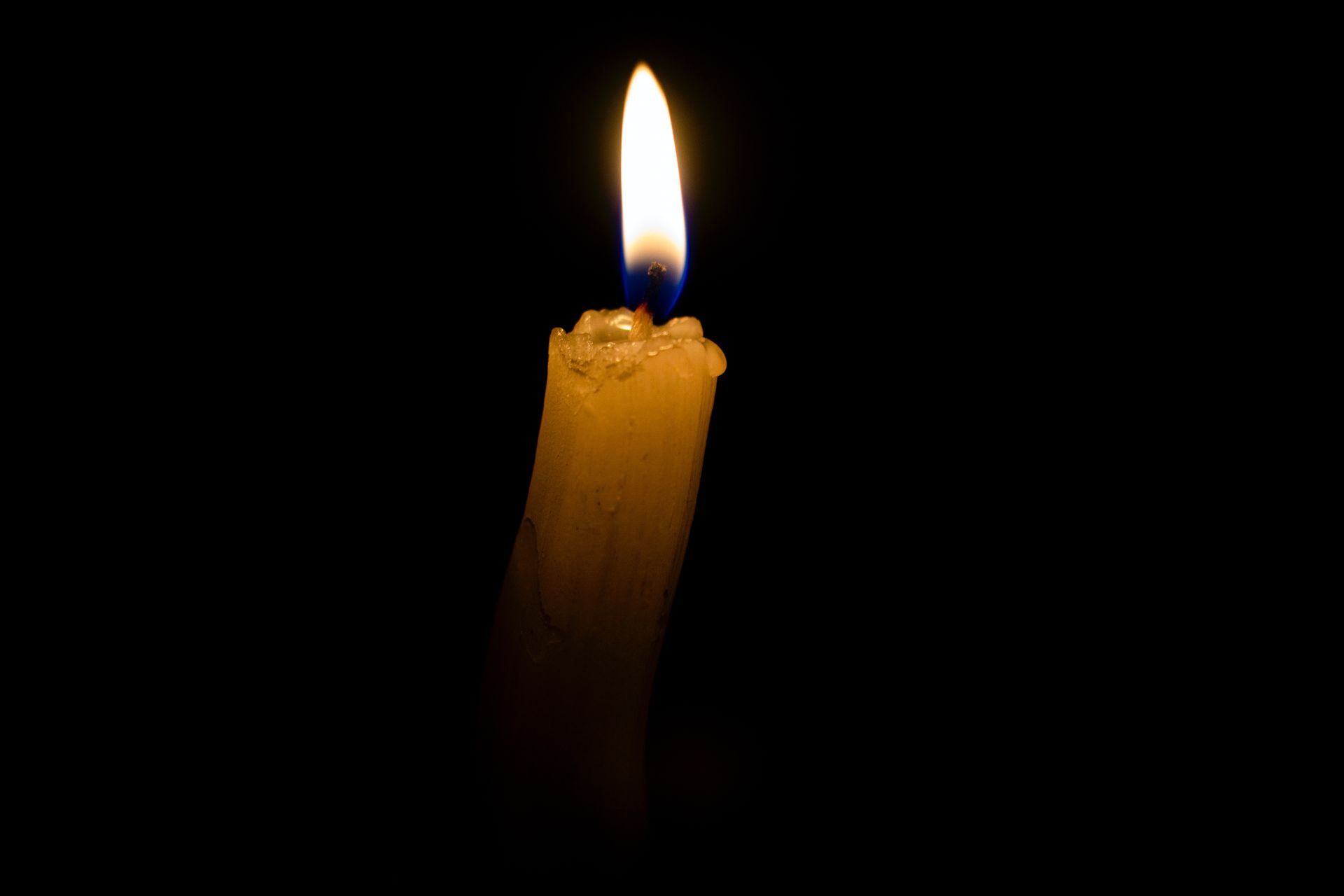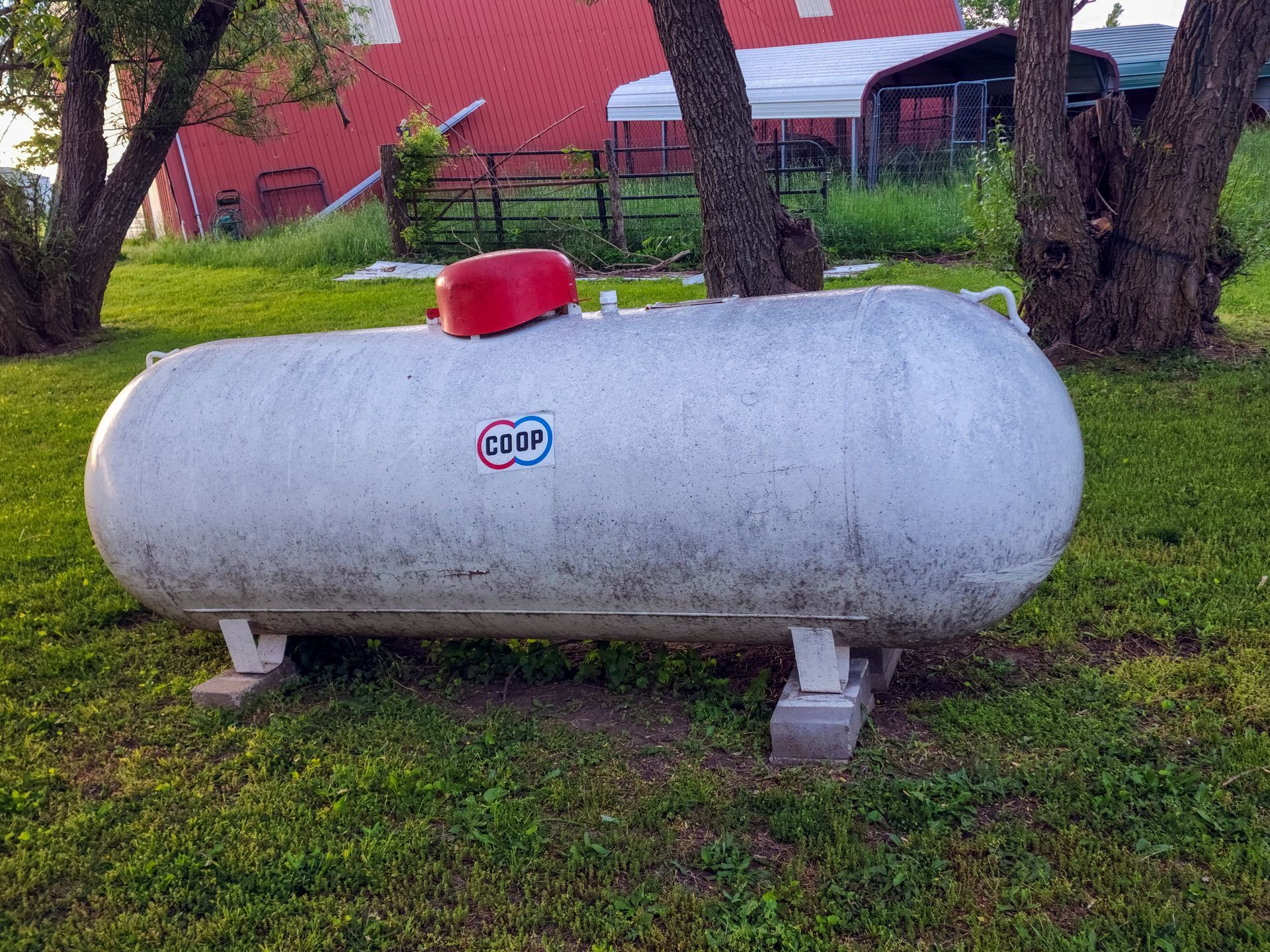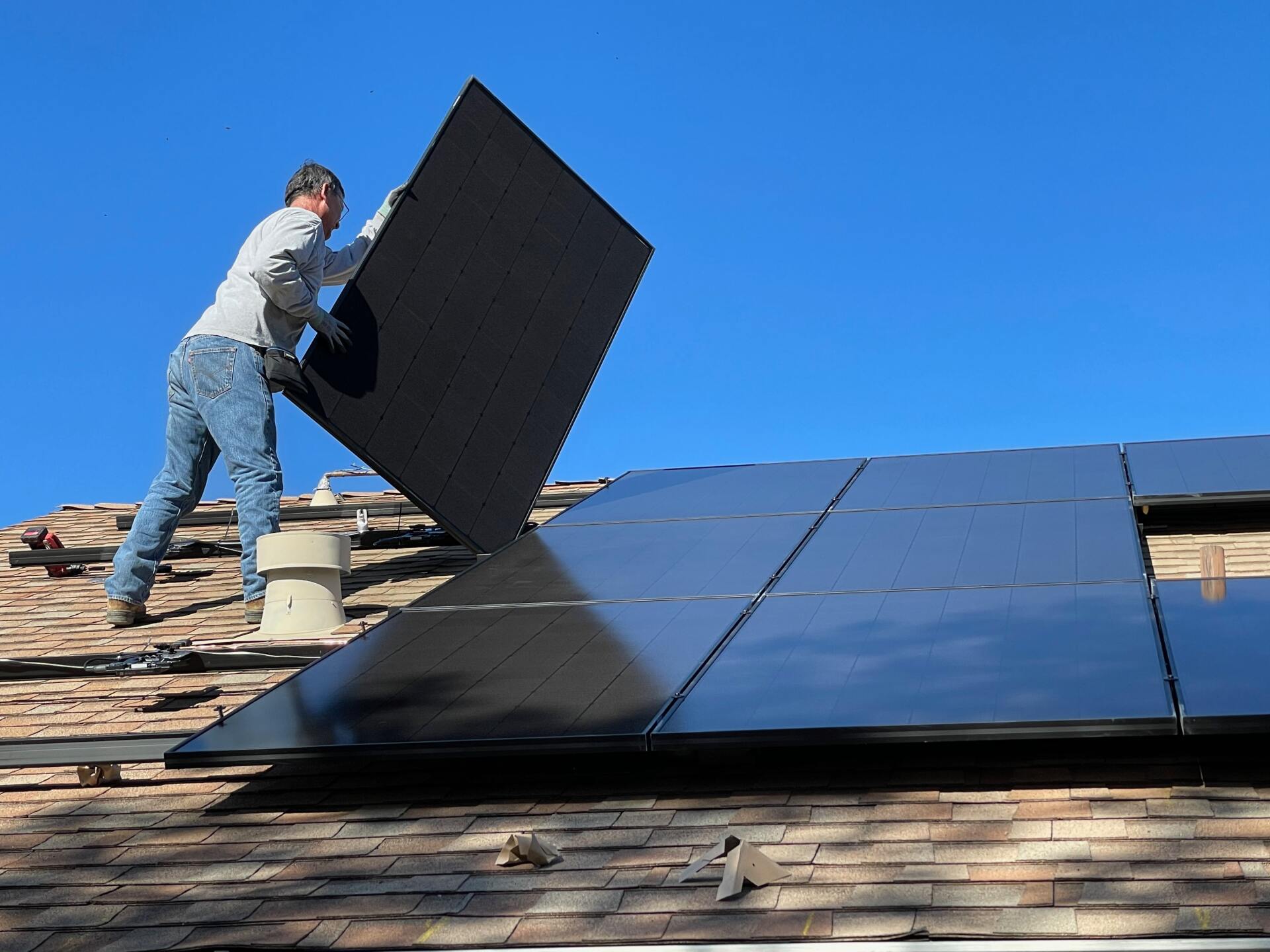Home Standby Generator Cold Weather Performance
Homeowners with standby generators have been seeing a lot of use recently in New York during our high winds and snow storms.
Parts of New York, particularly those near Lake Ontario, are home to some incredibly notorious cold weather conditions and snow storms. Just recently, residents of Western New York suffered with one of the worst storms in recent memory, warranting a State of Emergency from the Governor and completely shutting down I-90 traffic into the region. Untold numbers of homeowners across the state lost power from heavy snowfall, strong winds and downed power lines.
Many homeowners who have standby generators were able to retain power during the entire storm with very few issues, if any. Others, however, were not so fortunate and had issues with the generator performing when it was needed most. We’ve gathered some critical information here on this webpage that should help you with research and due diligence when it comes to your home generator.
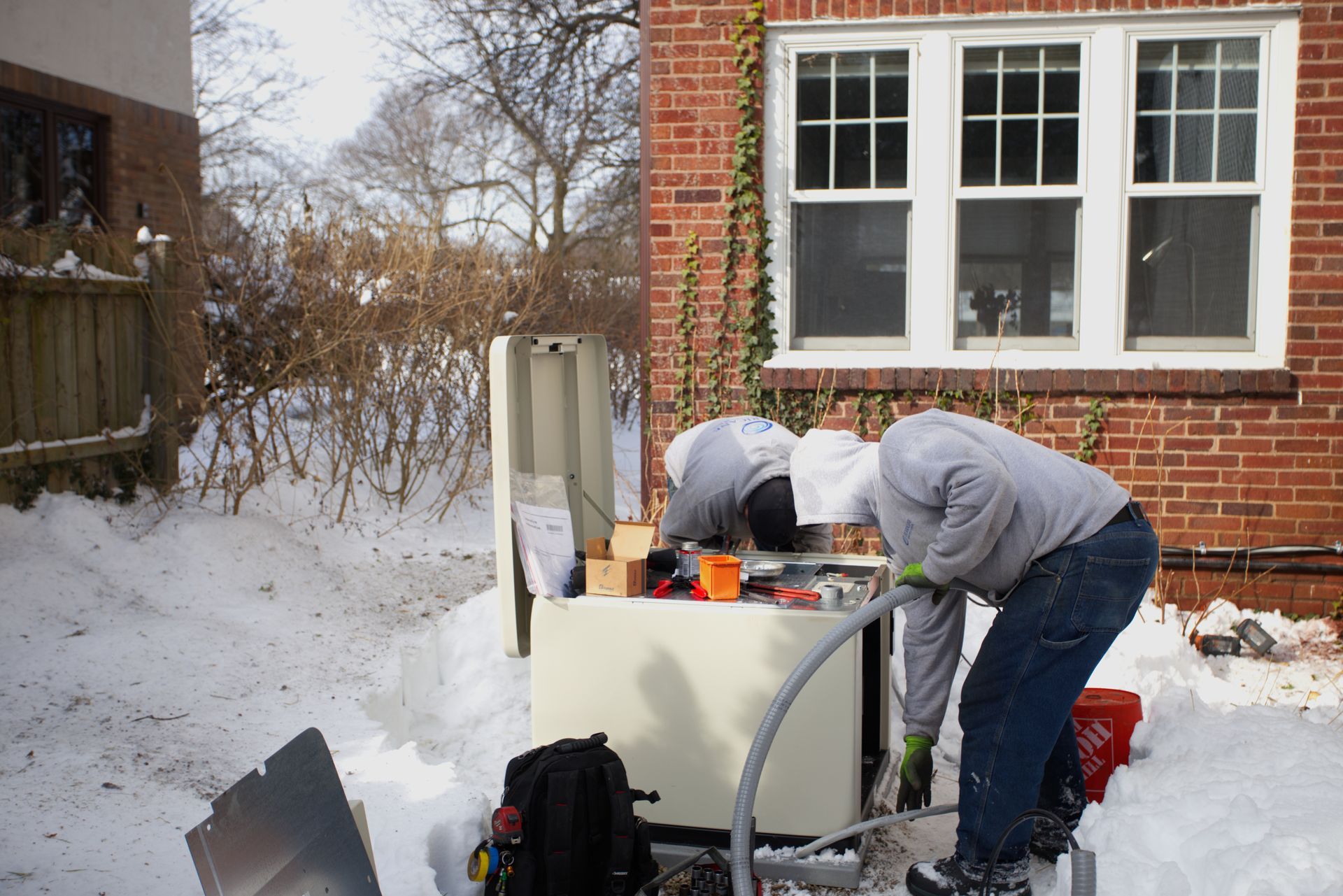
Make Sure Your Generator Is Self-Testing
The number one, most important thing you can do, is make sure that your home generator is self testing at the proper intervals. This is, essentially, the whole point of having these units self-test in the first place. Most units will have something like a weekly or monthly test, depending on the manufacturer or the age of the unit. For example, the Cummins Quiet Connect units that we recommend test twice a month by default, which is recommended.
Some generator owners will choose to have this feature turned off, either because they don’t want to expend the fuel for the test periods or they find the exercises too annoying when they occur in the middle of the day. The Cummins units we recommend are the quietest on the market, yet even still, they are not completely silent by any means. These exercise periods are generally between 5 - 20 mins at most and are absolutely critical to the continued function of your home generator.
Every time your home generator does a self-test it goes through a diagnostic process designed to determine if there are any issues with the unit or the transfer process. If an issue is discovered or if the generator goes down on a fault during a self-test, any issues can be remediated before a serious power outage occurs.
Base Temperature and Cold Weather Kits
Nearly all models of home generators from nearly all manufacturers have a “minimum operating temperature” that they can operate at without issues. The exact number for this varies from unit to unit, generally that temperature is somewhere between 32 - 0 degrees Fahrenheit. One of the reasons we’re so adamant about the Cummins units is because they have the lowest minimum operating temperature of all units on the market.
This may not be a primary concern for many, but here in the North East we often have several months every year where temperatures are well below freezing. Most manufacturers also offer cold weather kits that can be installed which allow for operation at even lower temperatures. Again, this is an area where the Cummins Unit excels, since it can operate below 0 degrees Fahrenheit with a cold weather kit.
Ventilation and Snow Build Up
The third matter is less predictable and more difficult to deal with than the others, mainly because it involves the direct impact of the elements on your generator. Natural occurrences sometimes referred to as “acts of god” can be hard to combat. For example, let’s say you live in Buffalo NY and during a snowstorm you get over 7 FT of snow. Your yard is completely buried, you can’t even see out your window, but even if you could, you would notice that your generator is completely buried under multiple feet of snow.
In this circumstance you may discover that your generator does not run, or that perhaps it runs for a brief period of time before shutting down. What's happening here is the same thing that could also occur to a buried car engine, without the ability to intake air the generator cannot start or run indefinitely. With almost all standby generator models, there will be intake vents on one or more sides of the unit.
So what can you do about this? If the inclement weather is headed your way, do whatever you can to clear out the side of your generator, including shoveling or blowing while you can. Neither the snow itself nor the cold temperature will deter the generator from operating successfully, just the blockage or prevention of air intake.
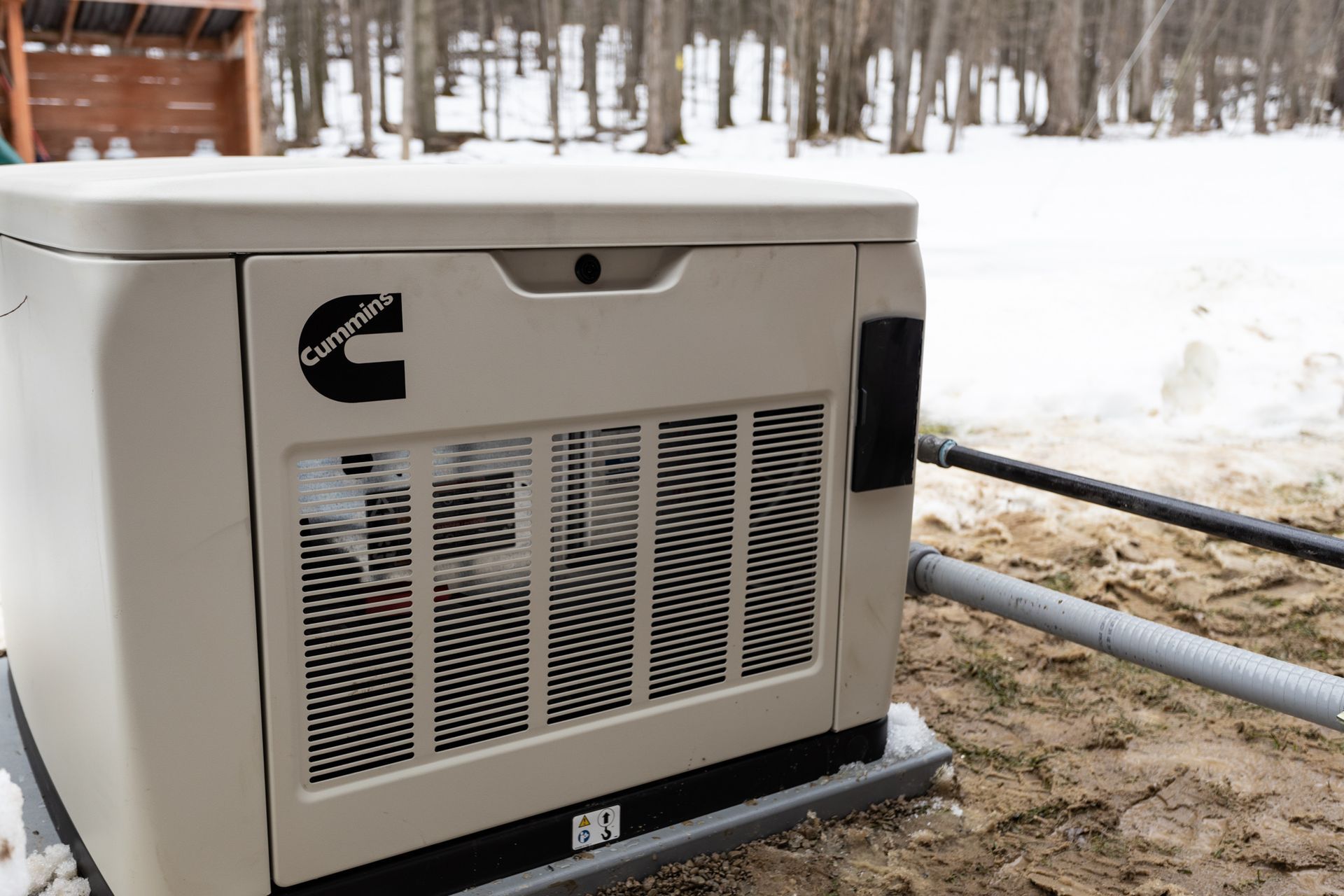
These cold weather circumstances are nothing new to us here in the North East, many of our services and recommendations are built around the snow conditions that we are all very familiar with. As mentioned above, these reasons and many more are why we often recommend Cummins Home Generators to the residents in our area. Their Quiet Connect Units have some of the best cold weather and noise level performances on the market.
Hurricane Home Solutions is a Cummins Authorized Dealer and your local expert for backup power solutions. If you are a homeowner in New York State or Northern Pennsylvania, and are interested in learning more about home backup generators, consider giving us a call at
1-833-999-0039, sending us an
email or submitting a
form here on our website.
